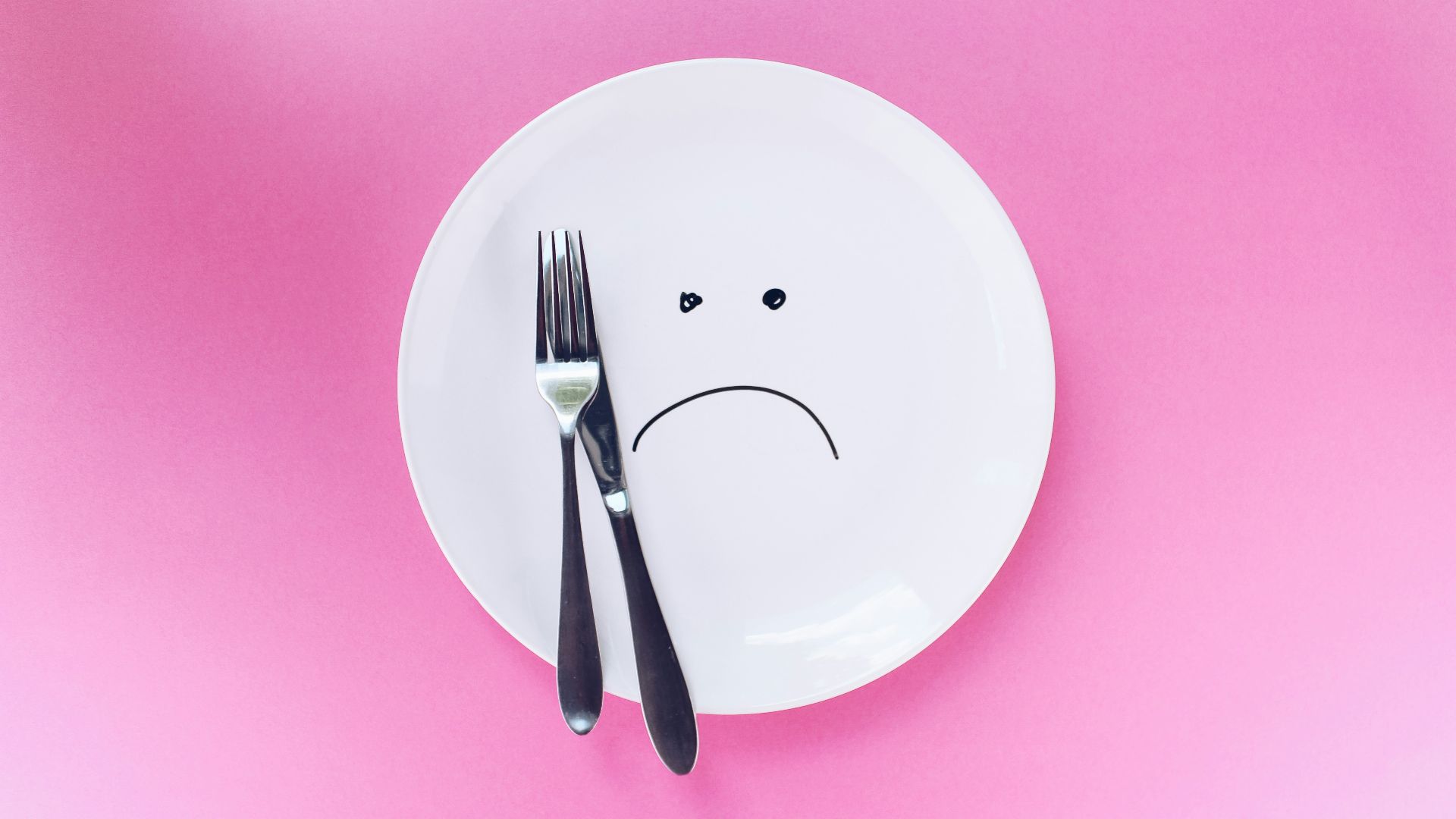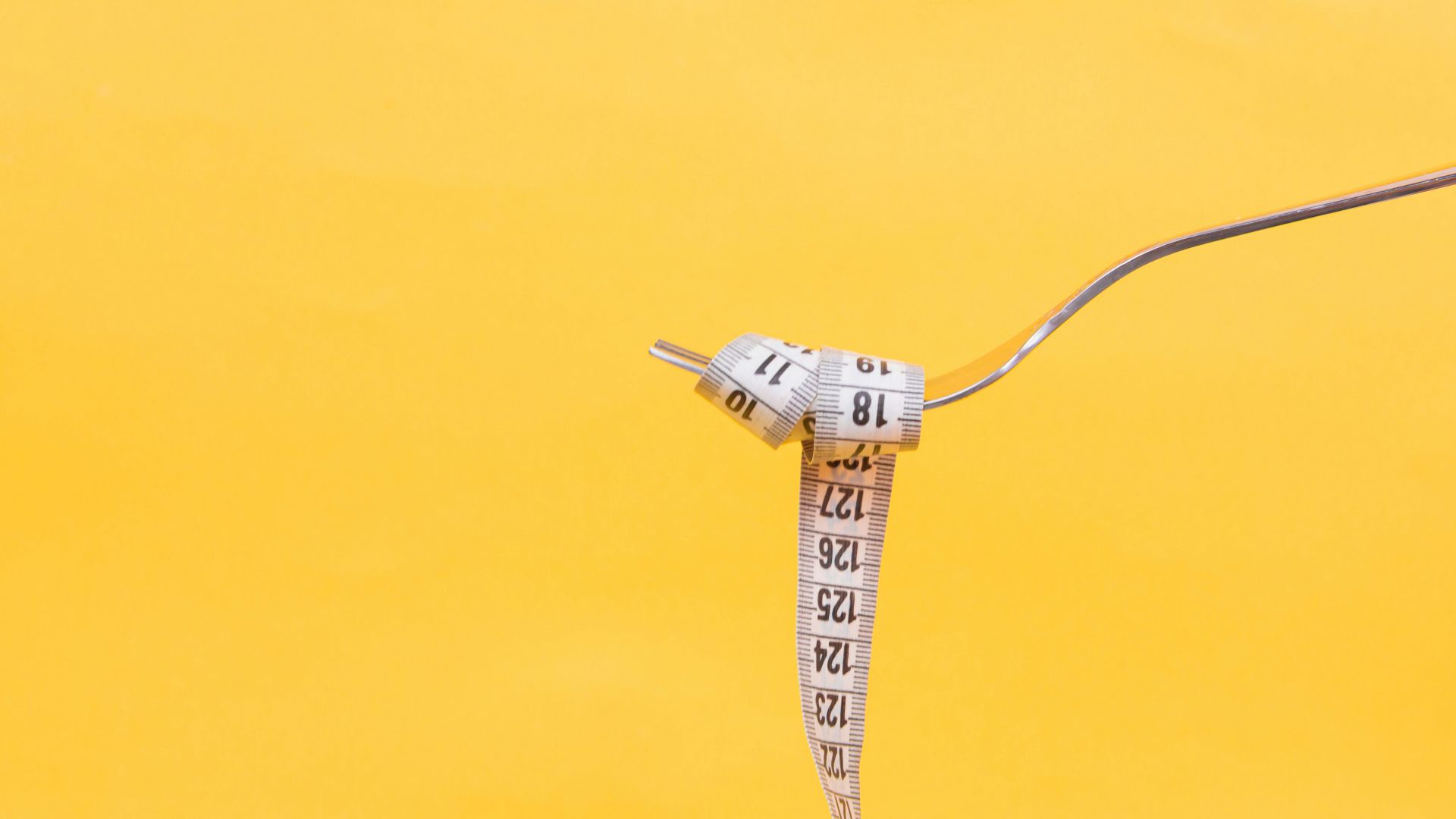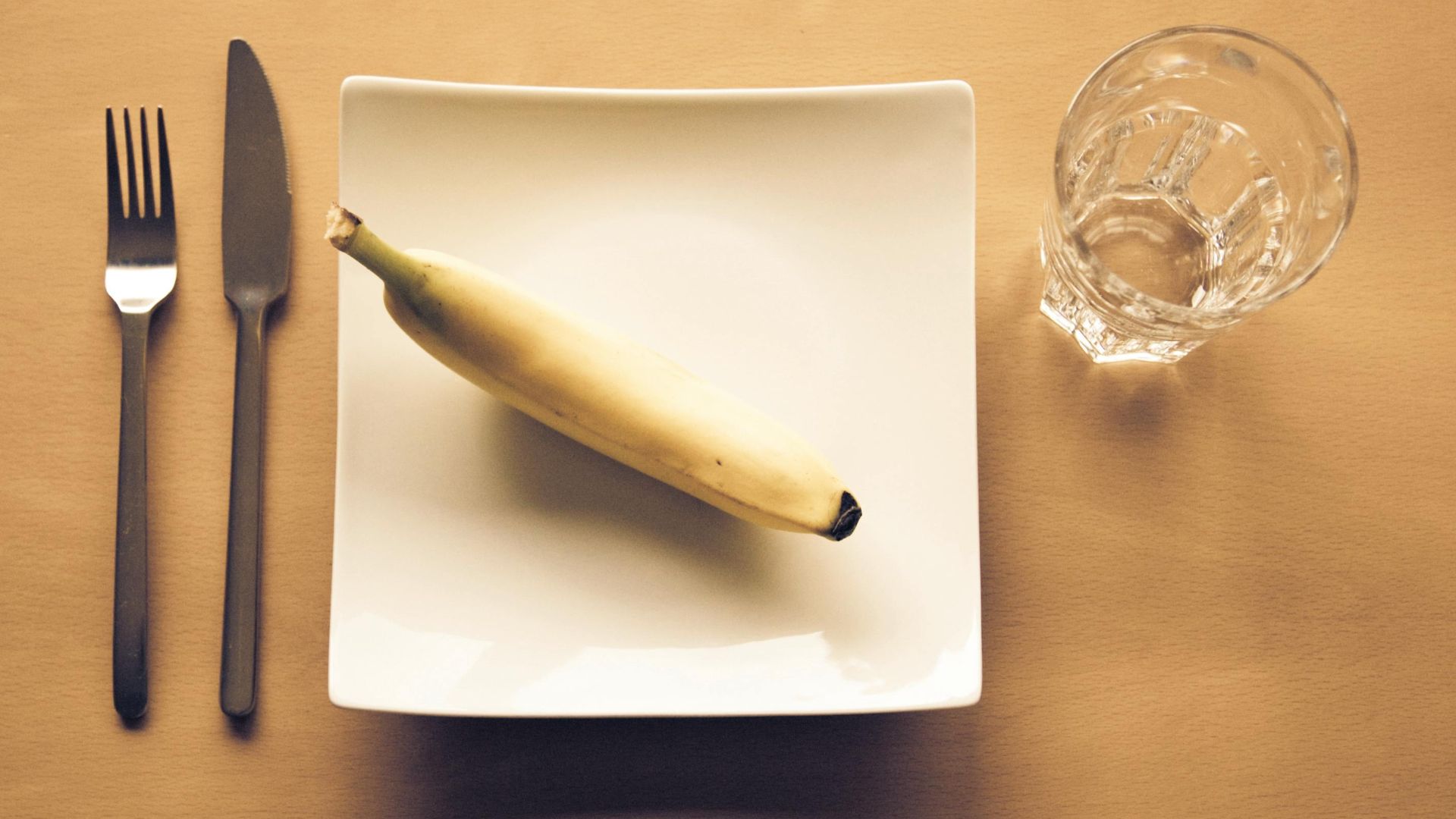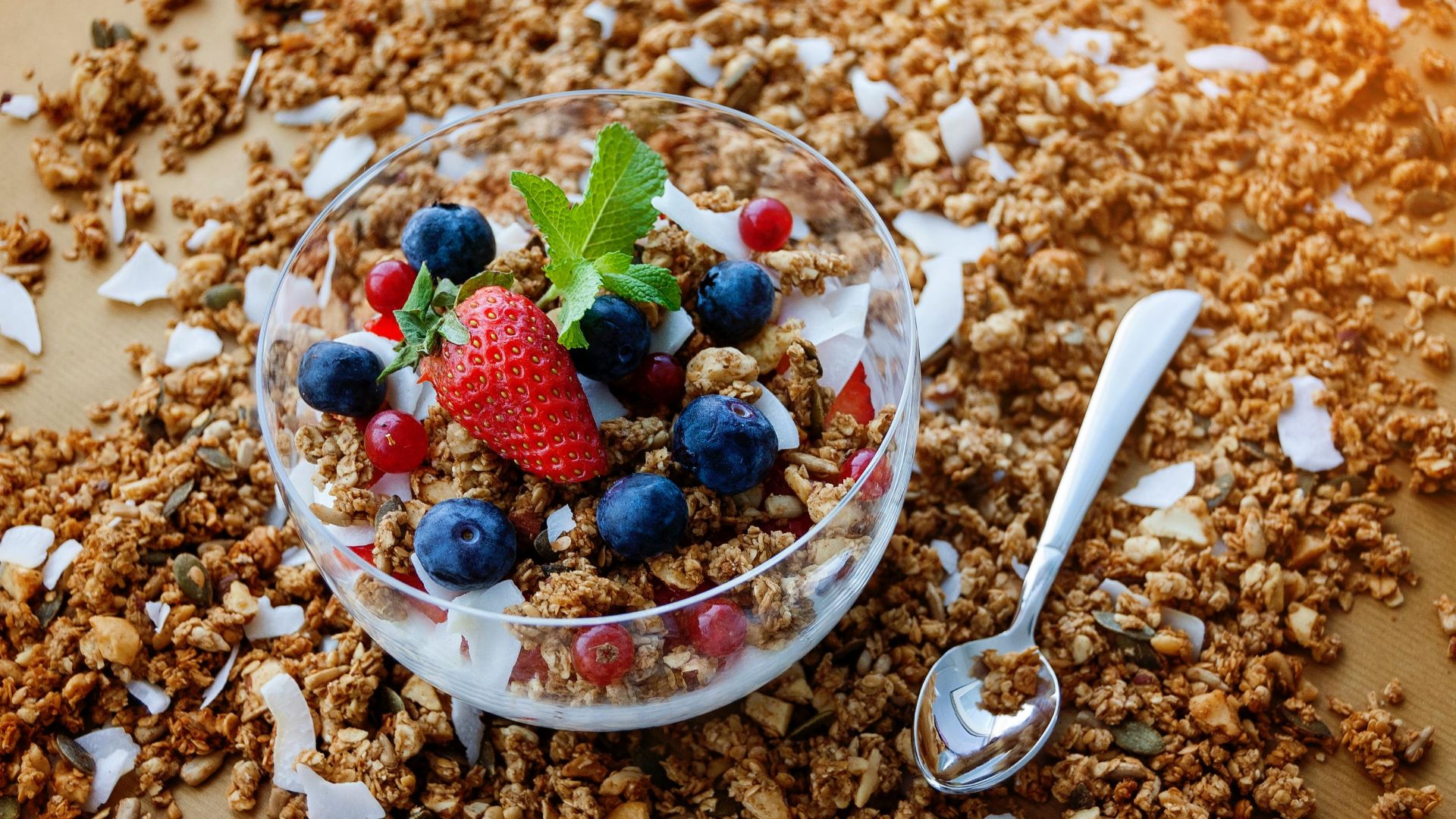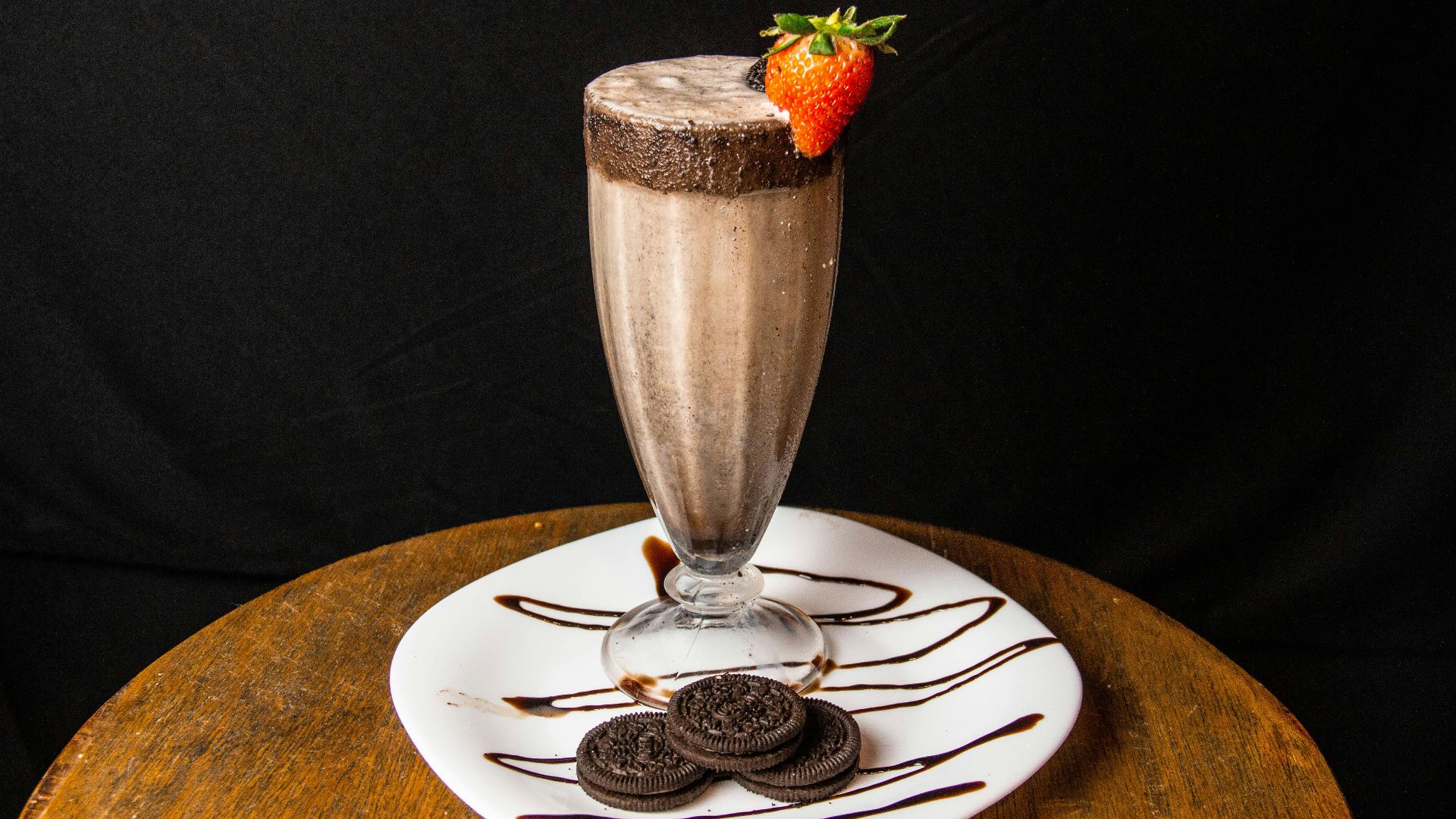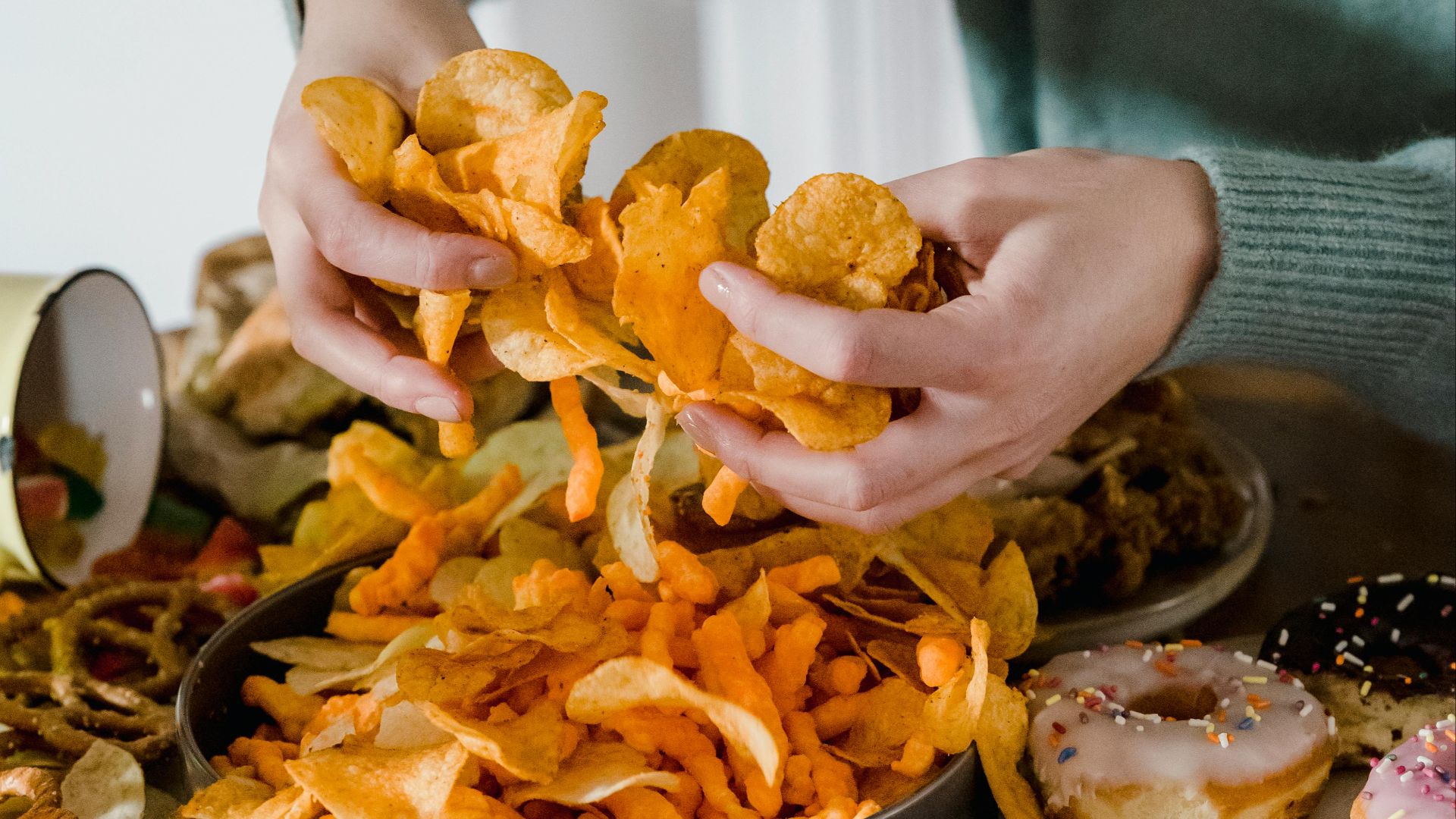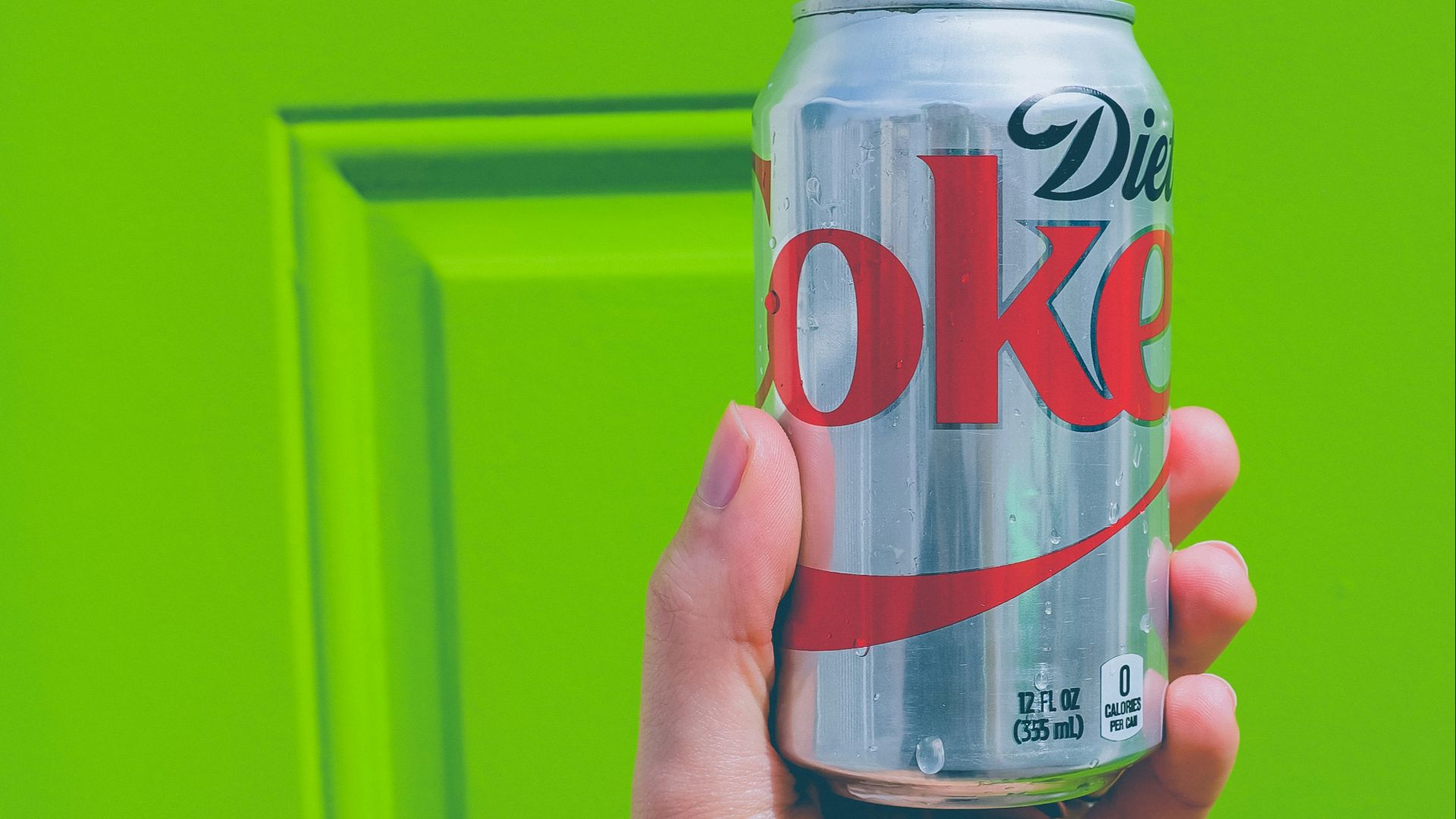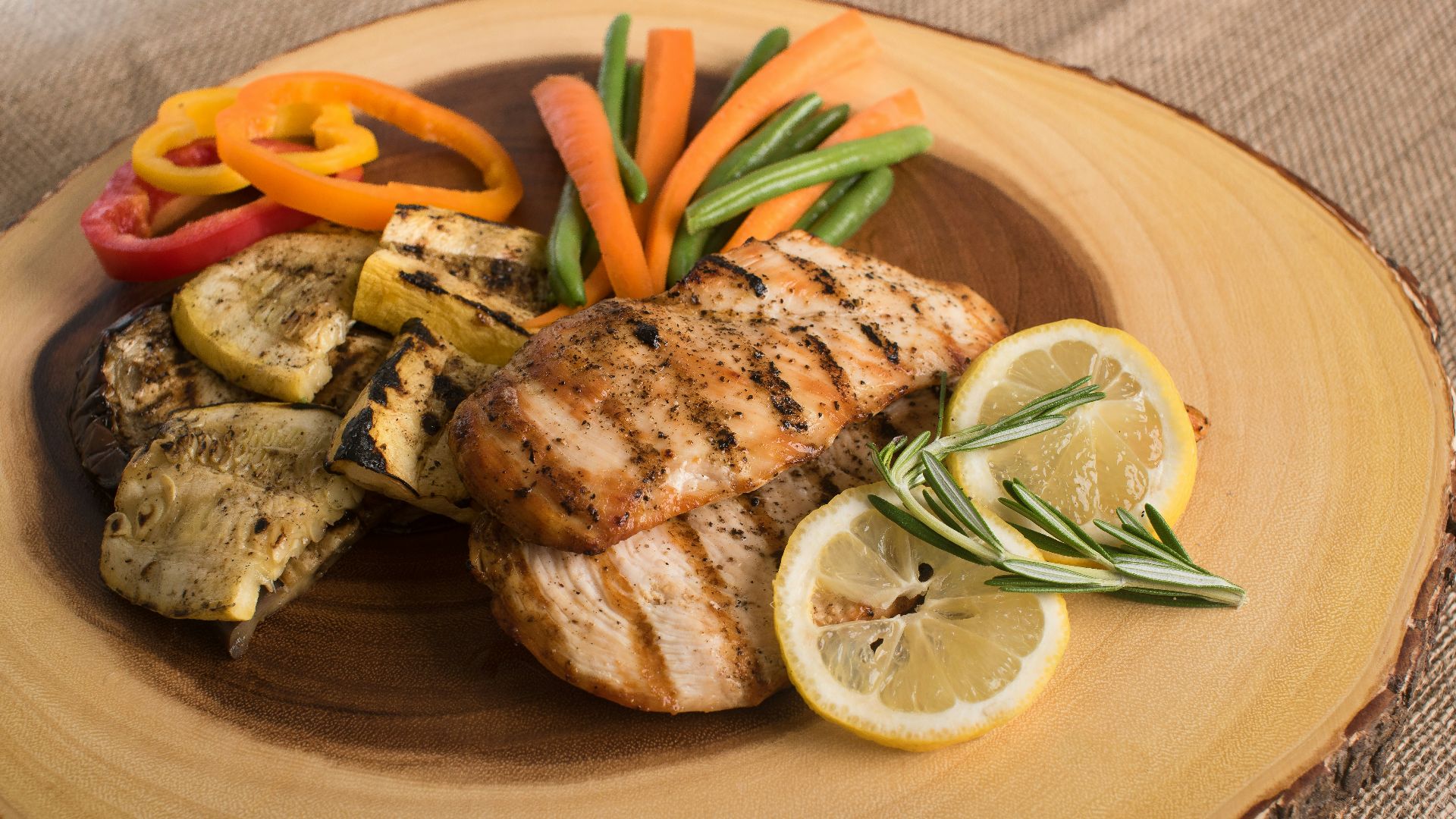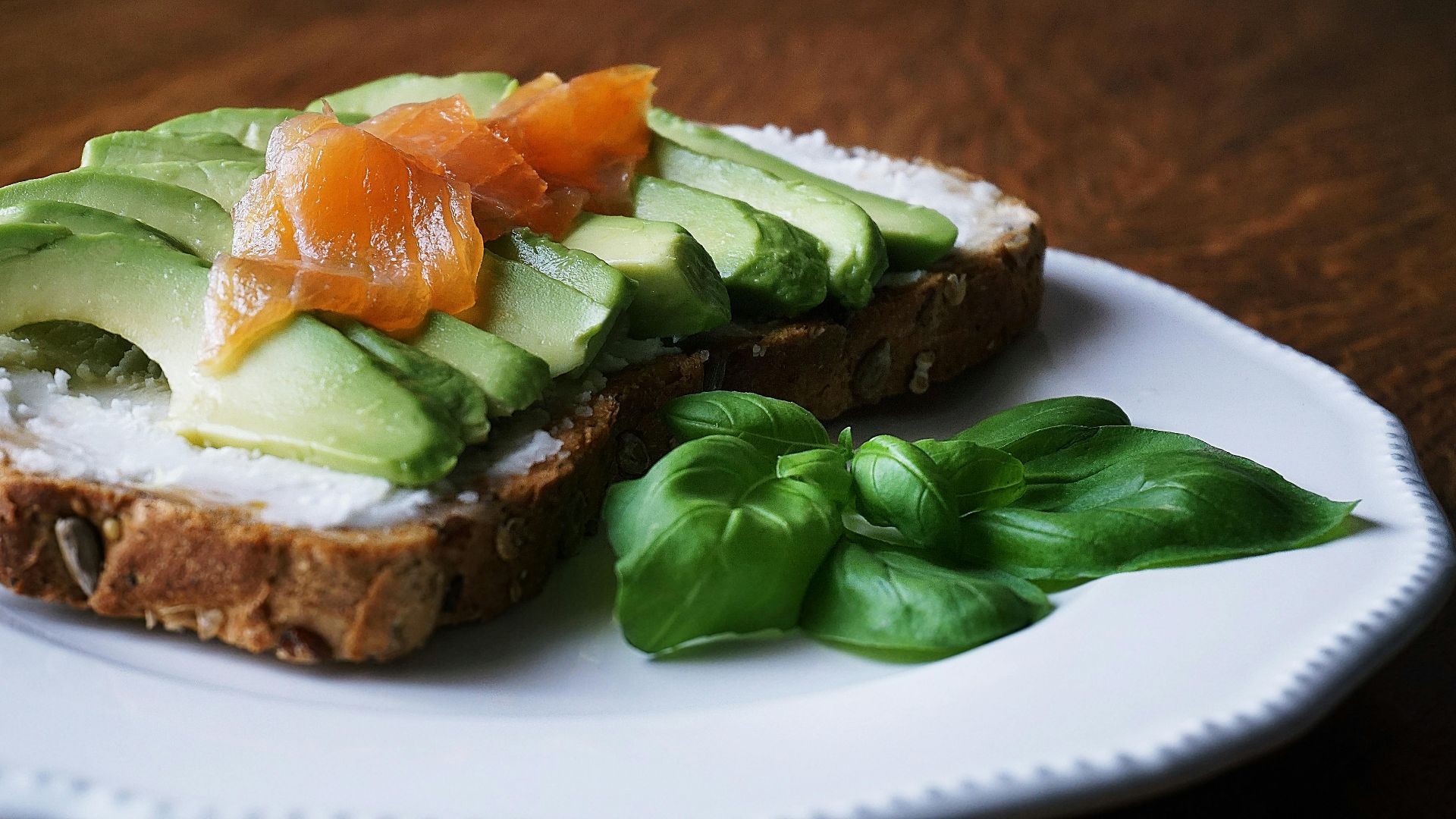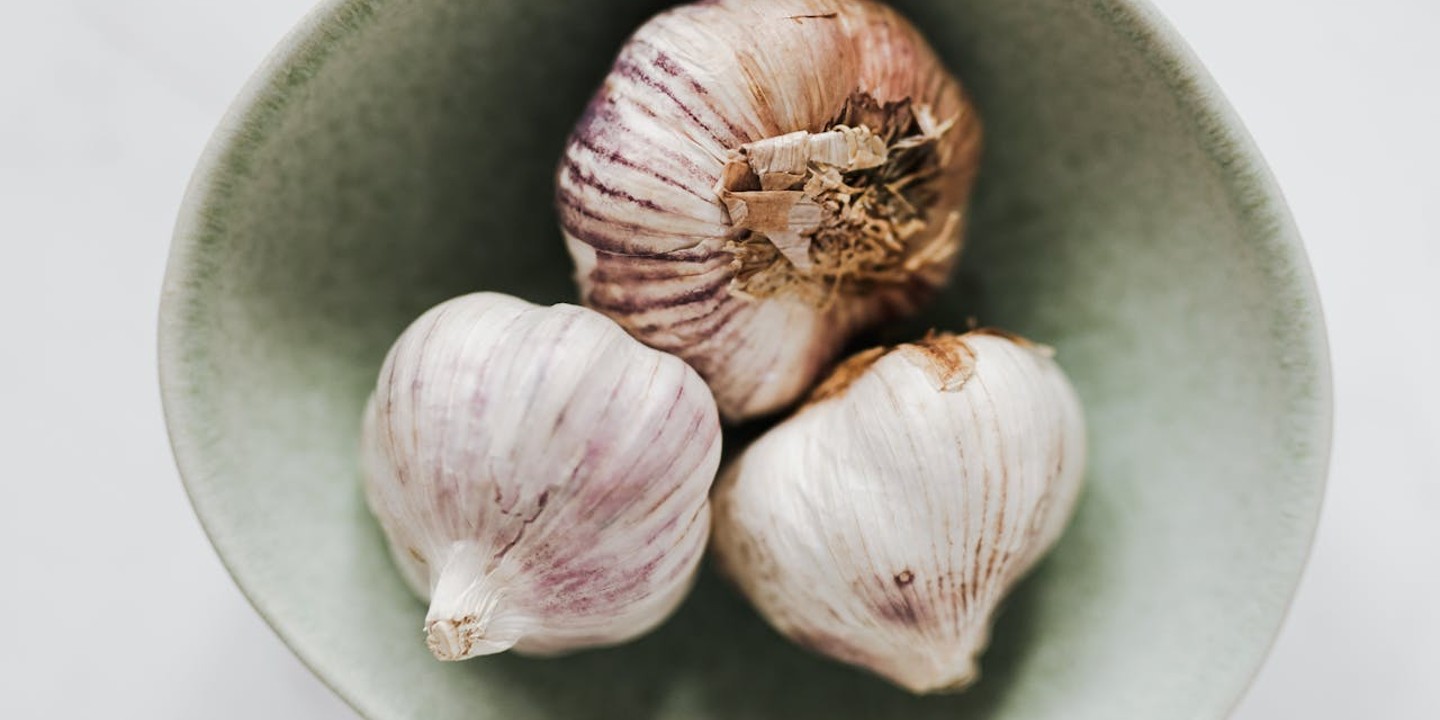10 Common Diet Mistakes You're Probably Making & 10 Habits That Actually Help
10 Common Diet Mistakes You're Probably Making & 10 Habits That Actually Help
The Key to Successful Weight Loss
Ever wonder why you can't keep the weight you lost off? It seems like no matter what you do, you're back at square one—the same number on the scale, the same pair of jeans you can no longer fit lying on the floor. If this sounds like you, you might be making some common diet mistakes that are setting you back. But don't worry—we're here to help.
1. Attempting Trendy Diets
"Trendy" diets you see celebrities or social media influencers follow aren't the best ones to mirror. These often include extremely strict regimens, which don't often take into account the specific nutritional requirements your body needs. You'll likely only see short-term results, and may end up gaining back the weight you lost.
2. Relying on Crash Diets
Similarly, relying on crash diets won't do you much good. Perhaps you're trying to lose weight for an upcoming event and decide to take drastic measures by slashing your usual caloric intake in half. But again, you'll likely only end up harming your body and metabolism, meaning you'll not only regain the weight back afterwards, but you'll have a body that burns calories more slowly.
 Photo By: Kaboompics.com on Pexels
Photo By: Kaboompics.com on Pexels
3. Eating Too Few or Too Many Calories
Calories in, calories out. You've heard the saying before: you want to burn more calories than you eat.
But while a deficit is needed to lose weight, you want to strike a perfect balance. Consume too little and you might mess up your metabolism; consume too much and you might gain more weight.
4. Skipping Breakfast
Whether you're just not hungry in the morning or you're trying intermittent fasting, skipping breakfast isn't the way to go. After all, your first meal of the day helps kickstart your energy levels and going without it might only make you more hungry later on. This could lead to intense cravings, making you consume more calories than you would've if you had eaten breakfast.
5. Drinking Your Calories
You also want to be careful not to consume too many high-calorie drinks. It can be easy to overlook the nutritional content in fluids (or lack thereof), and a glass or two of sugary juice or wine can quickly add up if you're not careful.
6. Exercising Too Little or Too Much
It's not only important to strike the perfect balance in how few or many calories you should consume, but also how much or little you should exercise. If you forgo working out while on a calorie deficit, you'll lose muscle mass and have a slower metabolism. On the other hand, overworking your body might lead to stress and negatively impact your endocrine hormones, which regulate different body functions.
7. Going Overboard on Cheat Days
While you should treat yourself occasionally, you don't want to go overboard on your cheat days. You might end up overindulging because you're trying to pack as many snacks as you can on the one day you're allowed, which can mess up your entire diet and set you back.
8. Loading Up on Low-Fat or Diet Choices
Another diet mistake you might make is strictly choosing low-fat choices. While it's not that these picks are bad per se, your view of them can end up making you overindulge. You might load up on these diet variations, thinking they're "healthy," and forget to take into account how many total calories you're consuming.
9. Not Lifting Weights
Lifting weights and resistance training can help accelerate weight loss. It can also boost metabolism, allowing your body to burn calories faster. If you avoid adding variations into your workouts (for example, only doing cardio), you might not get the results you want, or as quickly as you want.
10. Not Eating Enough Protein or Fiber
If you've read enough of what constitutes a healthy and successful diet, you've definitely heard about the importance of incorporating protein- and fiber-rich foods. After all, fiber helps you maintain regular bowel movements, while protein helps you build strong muscles. Plus, eating enough of both keeps you full for longer, so you're not as likely to reach for snacks.
Skimping on these essentials, on the other hand, may decelerate your weight loss rate.
Now that you know common diet mistakes you need to avoid making, what are habits that actually help? Let's jump into that next.
1. Drink Plenty of Water
You should always keep hydrated, no matter if you're attempting a diet or not. Aim to drink at least six to eight cups of water every day, but keep in mind that this minimum requirement isn't a one-size-fits-all. Depending on certain factors, such as your age, gender, and weight, you may need to increase your intake.
2. Cook at Home More Often
Cooking meals at home more often allows you to know exactly what's on your plate. This means you're more likely to choose healthier ingredients and more nutritious alternatives. Conversely, ordering takeout, even diet options, may cause you to consume more calories than you intended.
3. Eat Varied, Nutritionally-Dense Foods
It's important to eat well-portioned meals and to include varied choices on each plate. This means choosing protein-rich foods, lots of veggies, and healthy whole grains. Meal prepping may help to not only save you time (and the hassle of planning what to eat each day), but also allows you to balance out the macronutrients you need to keep your body strong.
4. Snack Smarter & Healthier
You don't want to load up on low-fat foods, but you don't want to be throwing bag after bag of processed snacks into your cart, either.
The key is to snack smart and healthy—think nuts, fruits, and yogurt—and to listen to your body's needs. Don't severely limit your options (as it can lead to more cravings), but don't go overboard on treats that will end up setting you back on your goals.
5. Practice Mindful & Intuitive Eating
Practicing mindful and intuitive eating allows you to slow down and better understand the cues your body sends out when you enjoy a meal. If you tend to eat fast without thinking too much about what's on your plate, you may end up overeating and miss your fullness cue. In contrast, eating intentionally enables you to recognize when you're satiated, and helps you distinguish between emotional and physical hunger.
 Pablo Merchán Montes on Unsplash
Pablo Merchán Montes on Unsplash
6. Treat Yourself Occasionally
Remember what we said about snacking healthier? Choosing more nutritious, low-calorie, and low-fat options may accelerate your weight loss, but limiting yourself too much could intensify your cravings and cause you to overindulge. Again, listen to what your body needs and strike a good balance. Allow yourself a regular treat once in a while—just be sure not to pile it on in one go.
7. Don't Skip Breakfast
Breakfast helps fuel your brain and body in the morning, so it's important not to skip it. Even if you're not hungry, eat something small that's both nutritious and keeps you powered until lunch.
Need ideas? Oatmeal is a popular pick, as are protein shakes.
8. Move Often
Don't just focus on how many calories you're consuming. You want to move, too, and ensure you're getting your heart pumping every day. The recommended minimum for adults is to get at least 30 minutes of moderate-intensity activity in, five days a week.
9. Treat Your Diet as a Lifestyle Change
Another tip? If you're approaching your diet as a long-term goal, don't focus on the scale and temporary results or body changes. Making drastic changes, like cutting certain foods completely or overly restricting yourself, can lead to an unhealthy mindset toward food, which may damage your mental health and stall your progress. Instead, treat your diet as a lifestyle change by setting realistic goals that you know you'll be able to achieve and maintain.
10. Celebrate Small & Big Wins
It's important to celebrate your wins, big and small—that's what keeps you motivated, after all! Every time you practice good self-control or spot results after hitting the gym, pat yourself on the back. Give yourself credit where it's due; you deserve it.


